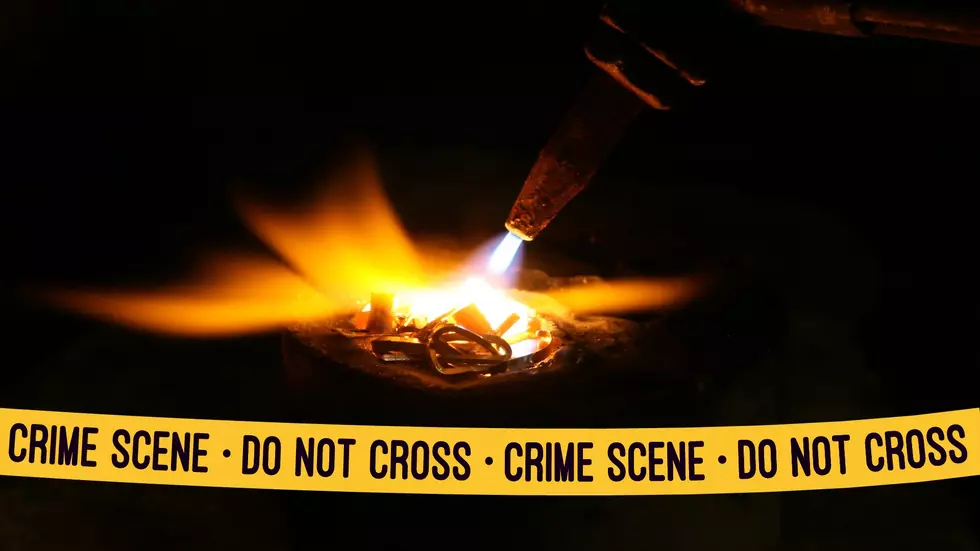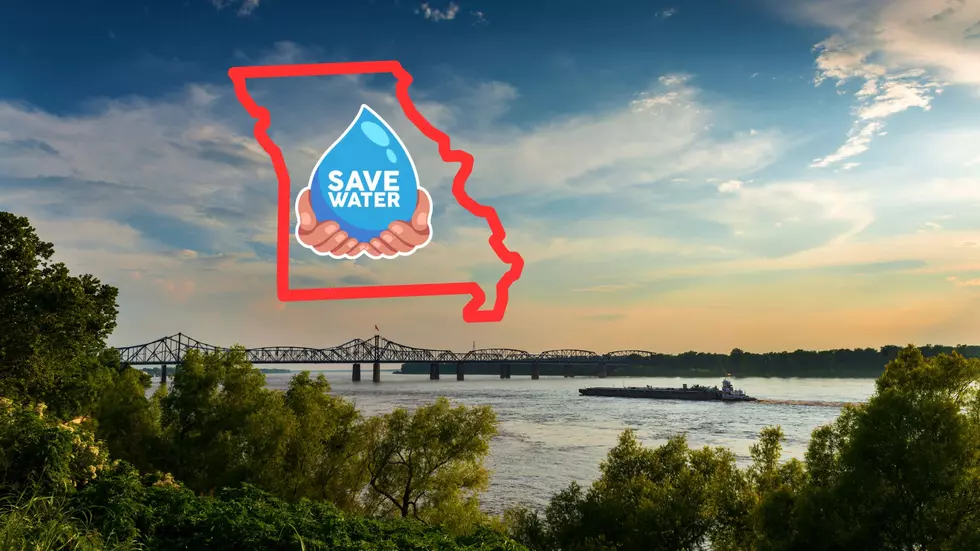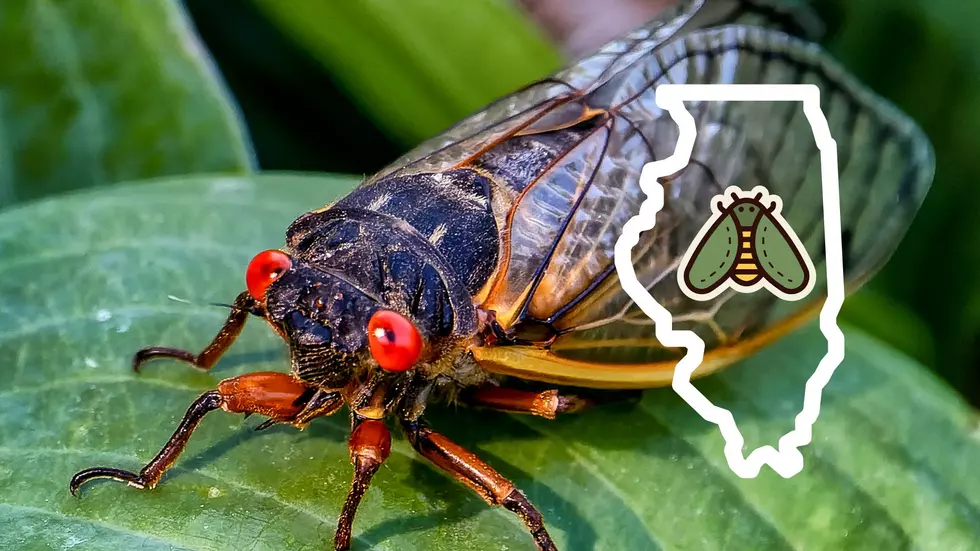
University of Illinois Gardening Tips: Peppers
These fall gardening tips are from Jennifer Fishburn at the University of Illinois
URBANA – A vast range of peppers can be grown in the garden for food, spices, or as ornamentals, said Jennifer Fishburn, a University of Illinois Extension horticulture educator.
Peppers have the same basic growing requirements as tomatoes: full sun, well-drained soil, water, and fertilizer. Peppers can be started from seed 8 to10 weeks before planting outdoors or purchased as small plants. They can be planted outdoors after the danger of frost is past.
Hotter varieties of peppers take longer to mature than milder varieties. Most varieties mature in 65 to 75 days after transplanting. Hotter varieties such as Habanero require 90 to 100 days to mature.
Hot peppers, also referred to as hot peppers as chili (or chile or chilli) peppers, are often harvested at maturity, usually when red. Bell peppers are often picked when green and immature. If they are allowed to ripen to a red, yellow, or purple color, they will be sweeter. Peppers can be stored for 1 to 2 weeks.
“Peppers give the ‘kick’ to salsa,” Fishburn explained. “The hotness in the salsa varies according to the type, quantity, and proportion of the peppers used,” she explained. Most of the heat is in the membranes; the stem end is hottest.
Pepper heat is measured in Scoville Heat Units, using a systematic dilution test method developed by Wilbur Scoville in 1912. The scale ranges from 0 for the sweet bell pepper to 300,000 for the Habanero pepper, as follows:
- Mild bell 0
- Anaheim 500 to 1,000
- Poblano 2,500 to 3,000
- Jalapeno 2,500 to 5,000
- Serrano 5,000 to 15,000
- Cayenne 30,000 to 50,000
- Thai 50,000 to 100,000
- Habenero 100,000 to 300,000
For making salsa, choose peppers that are fresh-looking, firm, thick-fleshed, and free of disease and insect damage. Then handle them with care.
“Wash peppers before peeling or chopping,” Fishburn said. “Avoid direct contact with them because their volatile oils can cause skin irritation or burns. Wear rubber gloves while handling them and wash your hands thoroughly with soap and water before touching your face.”
Fishburn says that one type of pepper may be substituted for another type of pepper in a salsa recipe. However, she warns, when canning, do not vary the amount of peppers called for in the recipe.”
For more information about peppers, visit U of I Extension’s Watch Your Garden Grow website at http://urbanext.illinois.edu/veggies/.
More From KHMO-AM 1070, News-Talk-Sports









